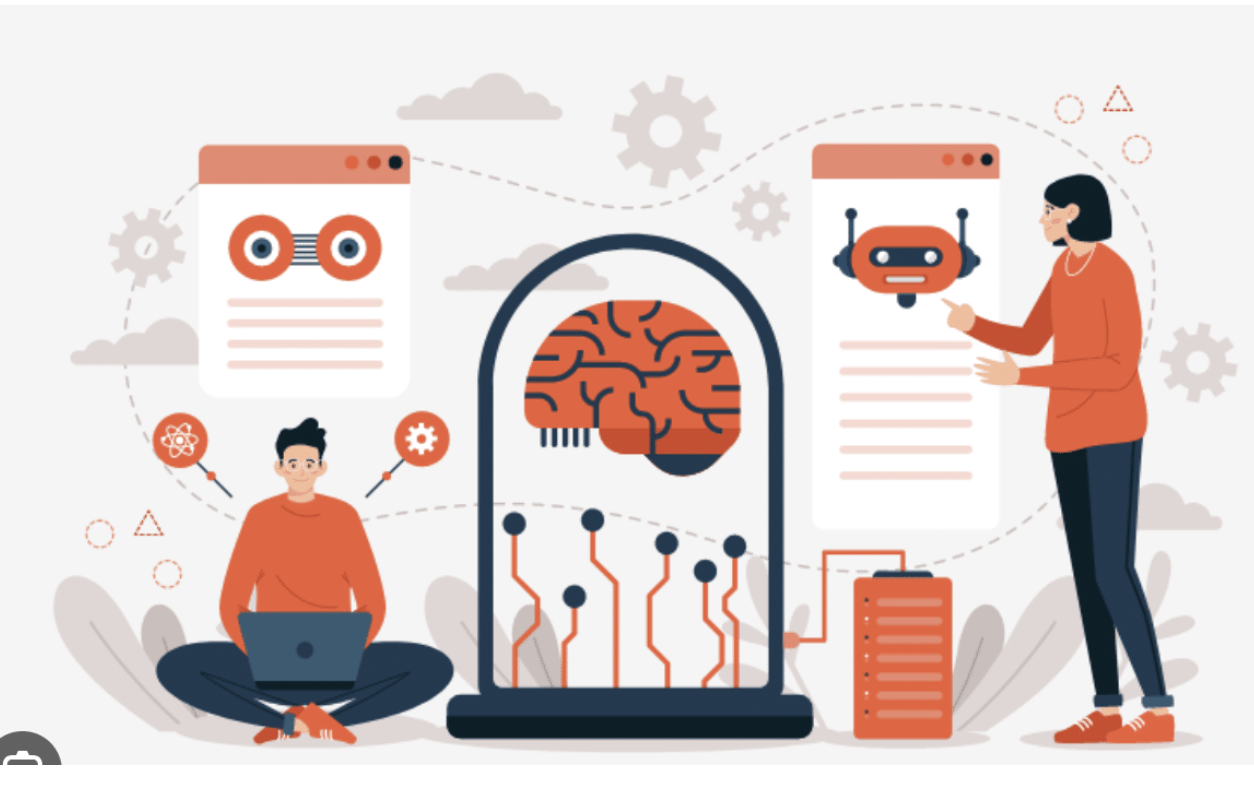Personalization at Scale: Leveraging CRM for Tailored Experiences
In today’s digital landscape, personalization has become a key strategy for businesses to engage customers and build long-lasting relationships. Consumers expect tailored experiences that cater to their specific needs and preferences, and Customer Relationship Management (CRM) systems have emerged as powerful tools to achieve personalization at scale. In this article, we will explore the importance of personalization, the role of CRM, and how businesses can leverage CRM to deliver unique and tailored experiences to their customers.
1. Introduction
The modern customer is inundated with a vast array of options and information, making it essential for businesses to stand out in the crowd. Personalization offers a solution to this challenge, allowing companies to connect with their customers on a deeper level by providing experiences that resonate with individual preferences.
2. The Significance of Personalization
Personalization goes beyond addressing customers by their first names. It involves tailoring products, services, and interactions to match each customer’s unique interests, behaviors, and preferences. According to a study by Epsilon, 80% of consumers are more likely to make a purchase when brands offer personalized experiences. This shows that personalization is not just a nice-to-have but a crucial aspect of modern marketing.
3. Understanding Customer Relationship Management (CRM)
CRM is a technology-driven approach that enables businesses to manage and analyze customer interactions throughout the customer journey. It helps organizations build strong relationships with customers, driving loyalty and retention. CRM systems centralize customer data, including purchase history, preferences, and feedback, allowing businesses to gain valuable insights into individual customer needs.
4. The Power of Data in Personalization
Data is the backbone of personalization, and CRM systems play a vital role in collecting and organizing this data. By analyzing customer behavior and preferences, businesses can gain a comprehensive understanding of what drives customer decisions, allowing them to tailor their offerings accordingly.
5. Implementing Personalization Strategies with CRM
– Segmenting Customers for Targeted Marketing
Segmenting customers based on demographic, behavioral, and psychographic factors allows businesses to create targeted marketing campaigns. By addressing specific customer needs and pain points, companies can significantly improve conversion rates.
– Behavioral Tracking and Analysis
CRM systems track customer interactions across various touchpoints, such as websites, social media, and emails. Analyzing this data helps businesses identify patterns and trends, enabling them to predict customer behavior and deliver relevant content and offers.
– Creating Customized Content
Content personalization involves delivering tailored content to customers based on their preferences and interests. CRM systems can help identify content topics that resonate with specific customer segments, ensuring that each customer receives relevant and engaging content.
– Personalized Email Campaigns
Email remains a powerful marketing channel, and CRM allows businesses to send personalized emails based on customer data. By segmenting the email list and crafting personalized messages, companies can achieve higher open rates and click-through rates.
– Tailored Product Recommendations
E-commerce businesses can leverage CRM data to provide personalized product recommendations to customers. By analyzing purchase history and browsing behavior, businesses can suggest products that align with individual interests.
6. Overcoming Challenges in Personalization
While personalization offers numerous benefits, there are challenges businesses must address to implement successful strategies:
– Data Privacy and Security
Collecting and storing customer data comes with responsibilities regarding data privacy and security. Companies must ensure compliance with relevant regulations and prioritize data protection.
– Striking the Balance Between Personalization and Intrusion
Overpersonalization can lead to customers feeling overwhelmed or intruded upon. Striking the right balance is crucial to avoid alienating customers.
– Avoiding Over-Reliance on Algorithms
While algorithms are powerful tools for personalization, businesses must also consider human intuition and creativity to deliver authentic experiences.
7. The Benefits of Personalization for Businesses
– Enhanced Customer Satisfaction
Personalized experiences show customers that businesses value their individuality, leading to higher levels of customer satisfaction.
– Increased Customer Loyalty
Customers are more likely to remain loyal to brands that consistently provide personalized experiences that meet their needs.
– Improved Conversion Rates
Targeted marketing and personalized offers lead to higher conversion rates and increased sales.
– Higher Customer Lifetime Value (CLV)
By fostering long-term relationships, personalization can lead to higher customer lifetime value, benefiting businesses in the long run.
8. Real-Life Examples of Successful Personalization with CRM
– Amazon: The King of Personalized Product Recommendations
Amazon’s recommendation engine analyzes vast amounts of data to provide users with product suggestions that align with their preferences, resulting in increased sales and customer loyalty.
– Netflix: Customized Content Curation
Netflix uses sophisticated algorithms to curate content recommendations based on users’ viewing history, ensuring a tailored entertainment experience.
– Spotify: Tailored Playlists and Music Recommendations
Spotify’s personalized playlists and music recommendations cater to users’ musical tastes, enhancing user engagement and retention.
9. The Future of Personalization with CRM
– AI and Machine Learning in Personalization
Advancements in AI and machine learning will drive more sophisticated personalization strategies, enabling businesses to deliver hyper-targeted experiences.
– Augmented Reality (AR) for Enhanced Experiences
AR will allow businesses to merge digital and physical worlds, providing immersive and personalized experiences to customers.
– Omni-Channel Personalization
Integrating data from various channels will enable businesses to offer seamless, consistent, and personalized experiences across all touchpoints.
10. Conclusion
Personalization has evolved from a marketing tactic to a necessity for businesses looking to succeed in today’s competitive landscape. By leveraging CRM systems and harnessing the power of data, companies can create tailored experiences that leave a lasting impression on customers. As technology continues to advance, personalization will play an increasingly pivotal role in shaping the future of customer engagement.
FAQs
1. Is personalization suitable for all types of businesses?
While personalization benefits various industries, its effectiveness depends on the nature of the business and its target audience
